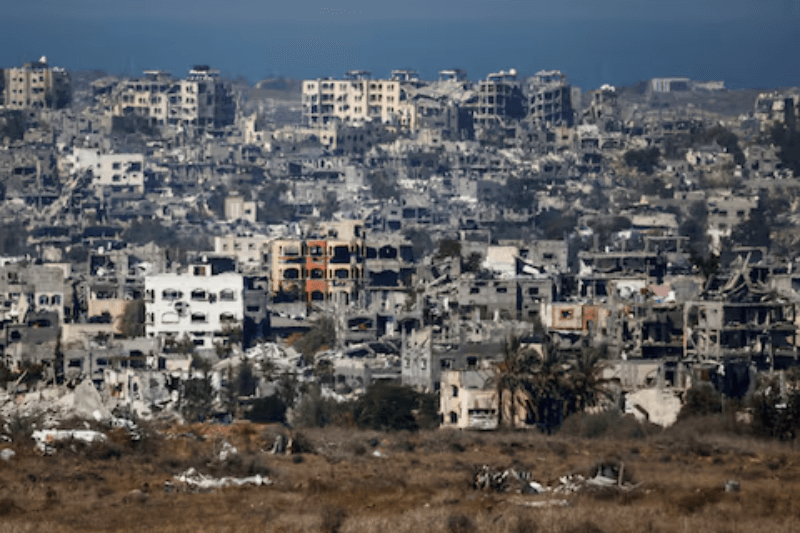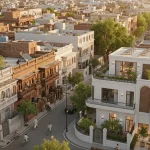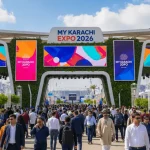
Among the countries currently at the frontline in negotiating with Israel and the US for putting in place a structure to be followed immediately after the war in Gaza is the UAE. Described as talks towards stability, reconstruction, and governance reform, the goal is establishing a temporary administration with external backing. Despite such plans being more of a notional concept, the UAE remains insistent on the idea that there is still a need for reform of the Palestinian Authority and that, alone, is the only way they can be able to have sustainable peace and sustainable development in that region of the world.
Regional Stability Focus
This leads to the question of whether the UAE is interested in Middle Eastern stability, and the answer can be found in all the discussions that the country participates in. Being one of the few Arab countries that recognize Israel the UAE seeks to act as a mediator between opposing sides. The Emirati officials underscore the need for a reformed Palestinian authority as the key to a settlement of the conflicts in Gaza, the West Bank, and East Jerusalem. This approach is consistent with the more general strategy of the UAE as an aspiring regional power to combat destabilizing Islamist groups like Hamas.
However, Israel has been suspicious of governance by the PA in the Gaza Strip due to their concerns on fiscal issues, and the education system. Nevertheless, the UAE still speaks of a collective and integrated regional system capable of reducing long-term threats, including conflict and economic failure.
Humanitarian Aid & Construction
For rebuilding Gaza, it would need cooperation as well as billions of dollars to whip the debris into shape. That is so because, by the time the war ended, the Hamas-controlled enclave suffered a great deal for over a year of conflict; consequently, Gaza’s physical and political framework was devastated. Migrants have requested immediate assistance to meet their emergency needs as food, housing, clothing, medical assistance, and safe and accessible water.
The Emirati officials have also considered the idea of deploying private military security companies in Palestine, particularly in Gaza as another slightly controversial measure adopted by the country. Critics have voiced apprehension regarding the violation of human rights but according to the supporters, such forces could give the necessary stability for the reconstruction process. Some opponents, however, pointed out that this strategy might only increase skepticism among Palestinians and pose a major challenge to forging reasonable governance institutions.
International Cooperation
It explains the centrality of multilateralism in the following discussions on the state of affairs in Gaza. The UAE, a close ally of the United States, is using its relations with Israel and other local actors to call for a unified approach. Washington is the lead international actor, with Egypt and Qatar as middlemen, actively participating in imposing a cease-fire between Israel and Hamas with any postwar governance scheme depending on such a resolution.
While the UAE is open to participating in a multinational mission, it insists that any involvement must align with its conditions: PA reform, empowerment, and a vision toward the achievement of a Palestinian state. This stance shows clearly that Abu Dhabi wants to promote sustainable peace, and therefore wants to have credible and transparent systems of governance.
Future Development Plans
The UAE’s plans for Gaza are not just to rebuild the strip. In this context, it calls for the development of a reformed PA that can effectively deliver political and economic services. This includes having credible leaders for instance ex-Prime Minister Salam Fayyad being appointed to champion the reform in governance in a bid to eliminate corrupt practices.
Another interesting aspect of the situation, from Abu Dhabi’s point of view, is that the reconstruction of Gaza should serve as an opportunity for the boost of regional economic liberalization. Thus, the UAE plans to assist Gaza in opening for development from the conflict area by enhancing the necessary facilities and generating the required opportunities for economic growth. However, this is a monumental plan that, among other things, has to counter political obstacles coming from Israel and doubts of Palestinians about outside interference.



